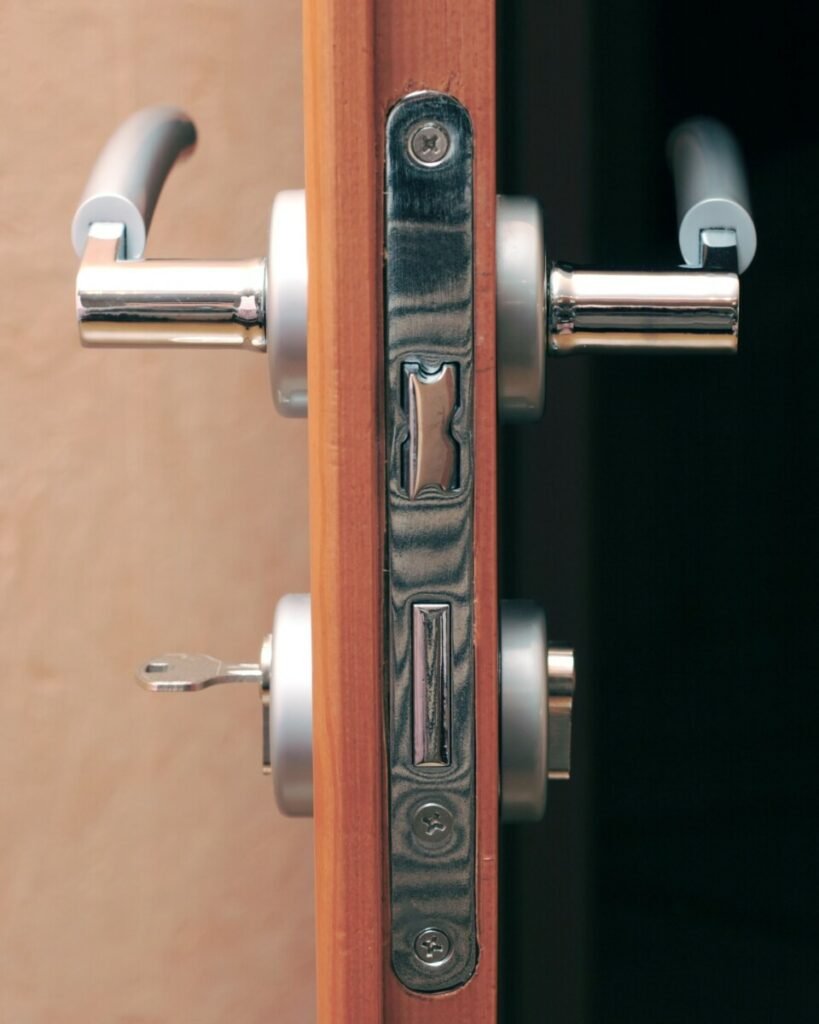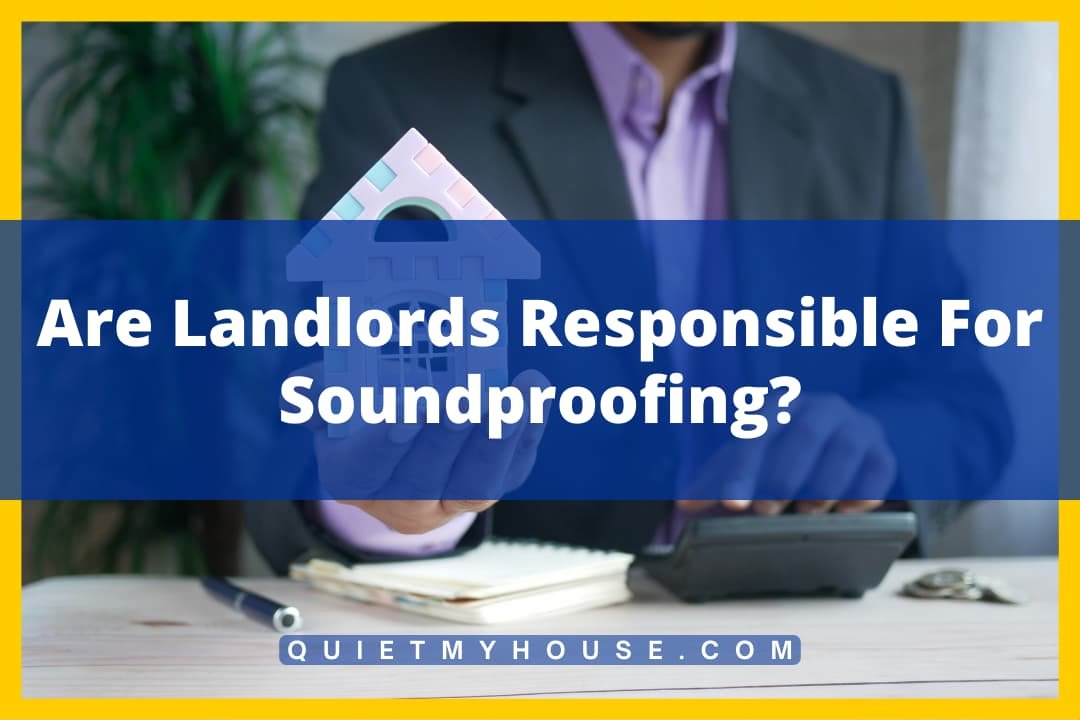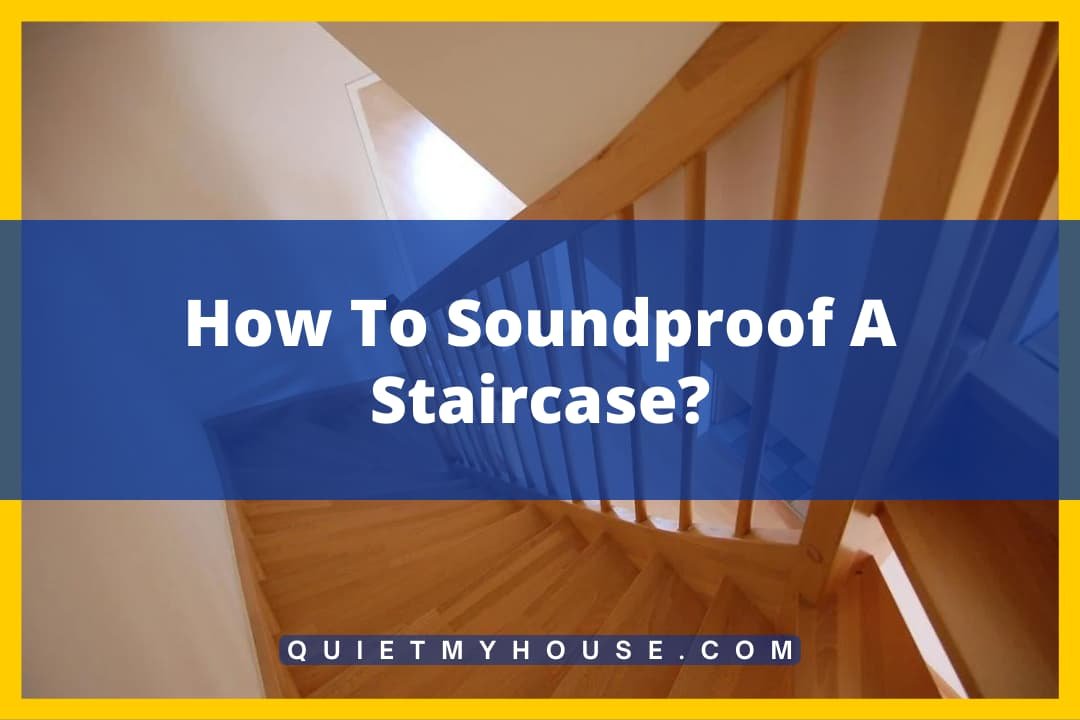Many door knobs will make a clicking noise when you turn the handle to open or close the door. This can cause frustration if someone is trying to sleep, and also often causes annoyance and/or concern. This is a very common frustration that can be easily remedied.
Controlling the movement of the bolt and latch by turning the handle carefully or restraining the latch will typically eliminate the clicking sound heard from the door knob. Occasionally, clicking is caused by a loose or faulty knob and will need to be repaired or replaced to eliminate noise.
Find out where the clicking is coming from, how you can reduce the noise a doorknob makes when being turned, and ways to eliminate doorknob clicking below.
The Cause of the Click
Most door knobs are designed very similarly and have a latch that is designed to fit into an opening in the strike plate. This is what prevents the door from being pushed open without turning the handle, but is also the cause of clicking. Some latches have one piece, and others have two. This can make a difference in clicking.
A latch is a sloped piece of metal, usually a rounded rectangle. You can push the door shut without turning the handle because of the sloped side. Sometimes, a smaller, round bar is also part of the latch.
This part, which is called the deadlatch or spring latch, activates into the hole in the strike plate without being controlled by the handle. When you close the door, this part of the latch will automatically engage and you will hear it ‘click’ into place.
While the main latch is completely controlled by the turning of the knob, the deadlatch or spring latch is not. This can complicate the process of eliminating the clicking noise you hear.
Quick and Easy Fixes

If your door knob only has the traditional latch with no extra deadlatch or spring latch, it is super simple to get rid of the clicking noise. You just need to be more careful when you turn the knob to open or close the door.
Before you open the door, turn the knob all the way to make sure the latch is completely out of the strike plate. Then you won’t hear the latch click against the plate as you turn and open it. Technically, you only have to turn the handle minimally to open the door since the latch is sloped, but turning all the way will reduce noise.
Similarly, when you close the door, turn the handle to that the latch is all the way pulled inside the door. You shouldn’t be able to see any of the latch poking out. Then close the door into its frame before slowly releasing the tension on the handle.
Pulling the latch in prevents it from clicking against the strike plate, and slowly releasing the knob prevents quick movement that would cause the latch to click at it springs out.
If you don’t want to worry about being slow and careful when turning your door knob, there are also other solutions. If you have a rubber band or hair elastic laying around your house, you can stop the clicking. Loop the band around the door knob on both sides of the door. The elastic should be stretched out over the top of the latch.
This will hold the latch in place, and you won’t hear the latch clicking anymore when you close the door. This is easiest for knobs without a deadlatch, but you can also hold those back. Just make sure that one part of the rubber band is holding the latch back and the other part is holding the spring latch back.
With this method, the door will not click, but it will also not latch. So, if you need the ability to lock this door, a rubber band is not the best solution.
A Permanent Solution
This Baby Door Latch Covers Closer works in a similar way to a rubber band but is much more classy, durable, and reliable. Rubber bands can break or slip out of place and frankly don’t look very good.
They are a great temporary solution, but getting a fabric latch cover is the best semi-permanent solution. These are perfect for bedroom doors around the house, especially where a baby might be sleeping.
Using a fabric cover prevents the latch from clicking and also cushions other friction between the door and the frame that might cause noise.
If you ever want to latch or lock the door for privacy, just unhook one side of the cover and let it hang on the doorknob until you need to use it again.
Issues with the Door Knob

If you know that the clicking sound you hear isn’t from the latch mechanism or these solutions didn’t stop the noise you are hearing, you may have a more serious problem with your door knob. Clicking noises can be caused by a lock that is old, damaged, loose, or dirty.
If the door knob is loose, the pieces might rattle and click when you use the knob. This is an easy fix as long as you know how to use a screwdriver. Simply tighten up all the connections.
If the inside or outside of the knob and lock mechanism is dusty or dirty, the prices won’t move together smoothly. This can cause clicking noises from jerky motions.
Unscrew and take apart your door knob, paying close attention to how it was put together, preferably with the help of a manual. You can clean off the parts using warm soapy water, making sure to dry everything completely before putting it back together.
A damaged door knob or an old door knob will likely need to be replaced. Pieces that are bent or worn from age will cause extra noise. If your door knob is really cheap quality, it might also make extra noise because it wasn’t put together well. Invest in new high-quality doorknobs to eliminate any clicking that is not from the latch.




